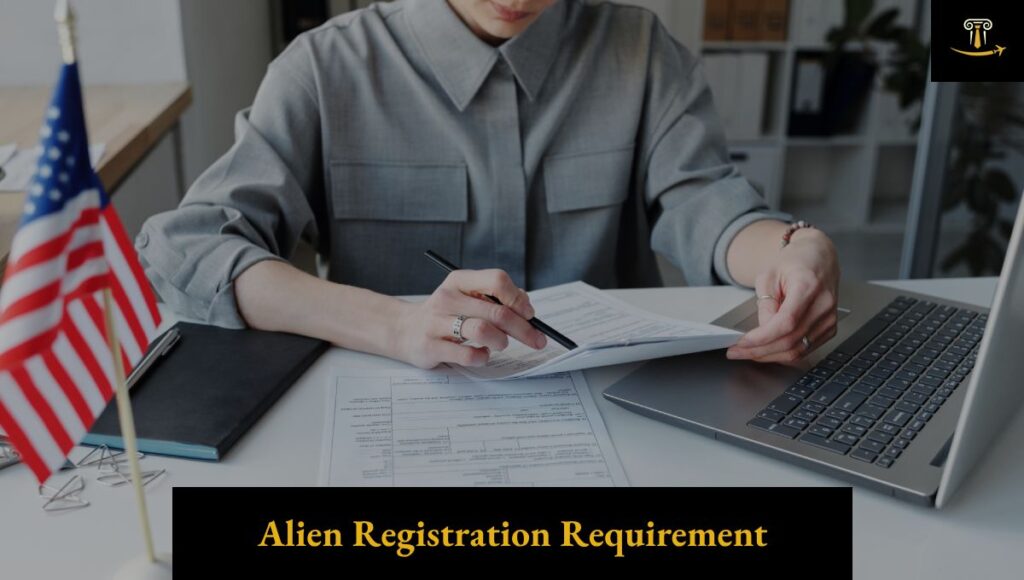In an era of heightened immigration enforcement and evolving federal oversight, U.S. employers must be prepared for potential audits and site visits conducted by immigration authorities. These inspections often target businesses employing individuals in nonimmigrant classifications such as F-1 (including STEM OPT) and H-1B.
To mitigate legal exposure and ensure uninterrupted operations, it is critical that employers maintain full compliance with all applicable regulations.
This advisory, issued by Immigration Fleet, outlines key areas where employers should proactively assess and strengthen internal processes to ensure preparedness for government inspections.
F-1 STEM OPT Site Visits
The U.S. Department of Homeland Security (DHS) has authority to conduct worksite inspections for companies employing students under the F-1 STEM Optional Practical Training (OPT) extension. While DHS typically provides 48 hours’ notice, unannounced visits may occur in cases of suspected noncompliance or formal complaints.
During these visits, DHS officials typically review:
- Training Plan Compliance – Verification that the employer is fulfilling all obligations outlined in Form I-983, including supervision, mentoring, and access to educational resources.
- Comparative Compensation – Assessment of whether the compensation offered to the foreign national aligns with that provided to similarly situated U.S. workers.
Immigration Fleet recommends maintaining clear, well-documented records of the STEM OPT training program, wages, and performance reviews, and conducting internal audits to confirm adherence to compliance standards.
H-1B Public Access Files (PAFs)
Employers sponsoring H-1B workers are legally obligated to maintain a Public Access File (PAF) for each certified Labor Condition Application (LCA). Each file must include:
- A copy of the certified LCA and associated documentation
- Proof of compliance with notification and posting requirements
- A detailed explanation of the actual wage determination methodology
- Documentation supporting the prevailing wage source
- A summary of benefits offered to similarly situated U.S. workers, including justification for any discrepancies
Immigration Fleet provides comprehensive PAF audit services, ensuring all documentation is complete, properly maintained, and compliant with U.S. Department of Labor (DOL) regulations.
H-1B Worksite Compliance
A material changes in the proffered position—including a change in work location outside the Metropolitan Statistical Area (MSA), a significant change in job duties, modifications in the work placement chain (such as a new prime vendor or end client), as well as changes to the salary, job title, or Standard Occupational Classification (SOC) code—typically requires the filing of an amended H-1B petition.
Immigration Fleet assists employers in reviewing not only the work locations of H-1B employees but also the broader aspects of the employment arrangement to ensure consistency with the certified Labor Condition Application (LCA) and underlying petition. If discrepancies or material changes are identified, our team provides strategic legal guidance to proactively address compliance issues and reduce the risk of penalties or petition revocation.
Wage Compliance Under the LCA
Employers must ensure that H-1B employees are compensated either at the wage listed in the certified LCA or at the prevailing wage—whichever is higher. Underpayment can trigger investigations, fines, and back wage liabilities.
Immigration Fleet advises employers to review and reconcile wage data on a routine basis. If inconsistencies are found, we work with clients to bring compensation into compliance before an audit or inspection occurs.
I-9 Employment Eligibility Verification
All U.S. employers must verify the identity and work authorization of every employee through the completion of Form I-9. Depending on visa status, reverification may be required periodically.
Form I-9 records must be retained for:
- Three years from the employee’s date of hire, or
- One year after the employee’s termination—whichever is later
If an employer chooses to retain copies of employees’ supporting documents, it must do so consistently across all new hires to prevent potential discrimination claims.
Immigration Fleet conducts I-9 compliance audits to evaluate internal practices, ensure documentation accuracy, and reduce exposure to civil penalties.
Conclusion: Proactive Compliance is Essential
Given today’s regulatory climate, employers must implement and maintain robust immigration compliance protocols. Regular audits, proper documentation, employee training, and legal oversight are critical to protecting both the organization and its workforce.
Immigration Fleet offers a full suite of services to support employers, including:
- STEM OPT compliance assessments
- H-1B Public Access File (PAF) audits
- Worksite verification and LCA guidance
- I-9 compliance audits and staff training
- Policy development and risk mitigation strategies
Partner with Immigration Fleet to build a resilient immigration compliance framework—so your organization is not only prepared, but protected.
Strategic Legal Guidance That Extends Beyond Casework
At Immigration Fleet, we are committed to providing legal counsel that is both proactive and responsive. In a complex, fast-evolving regulatory environment, choosing the right legal partner is critical.
We offer more than visa processing—we provide strategic advocacy, long-term guidance, and tailored solutions aligned with our clients’ academic, professional, and organizational goals.
Let us help you navigate the shifting immigration landscape with confidence, clarity, and compliance.





